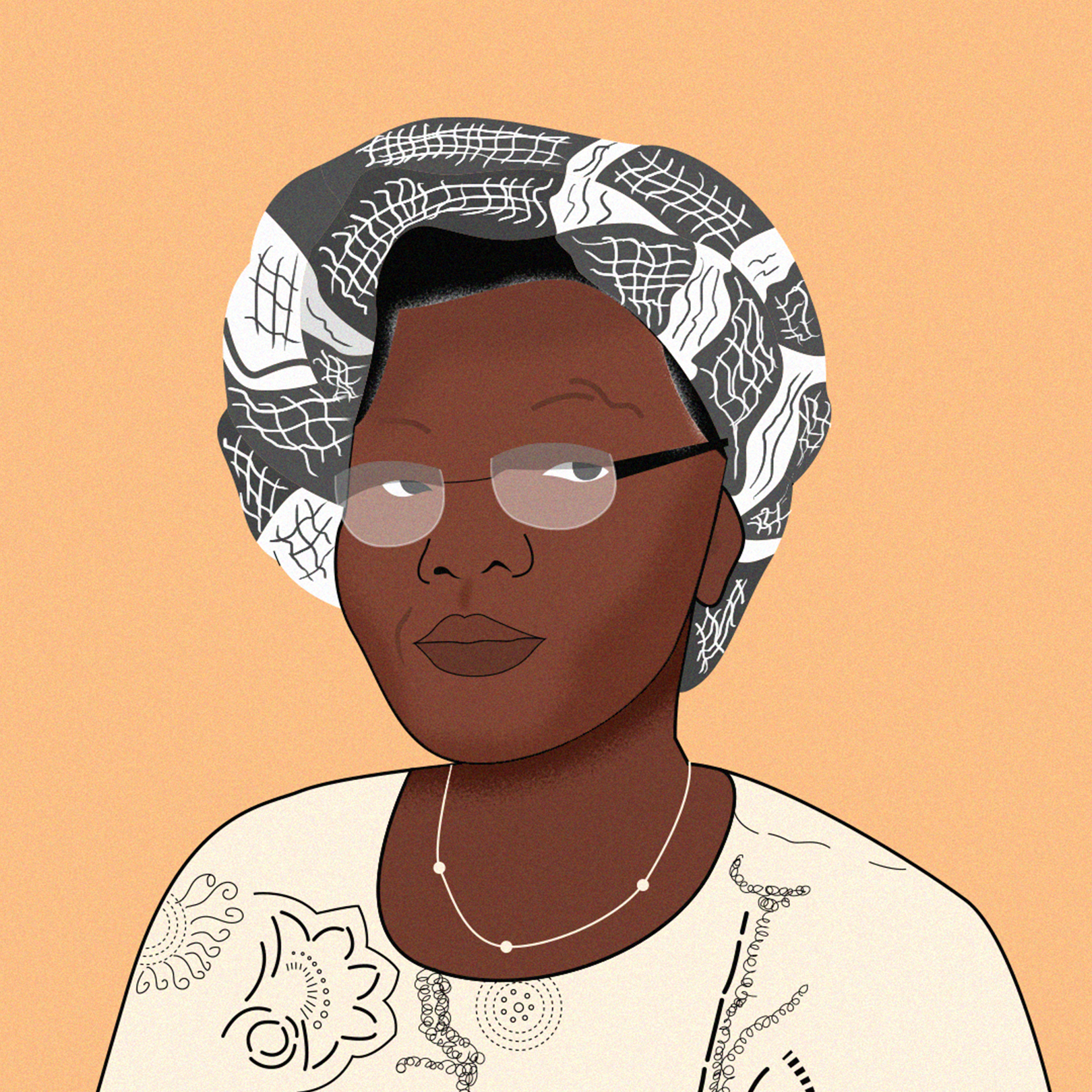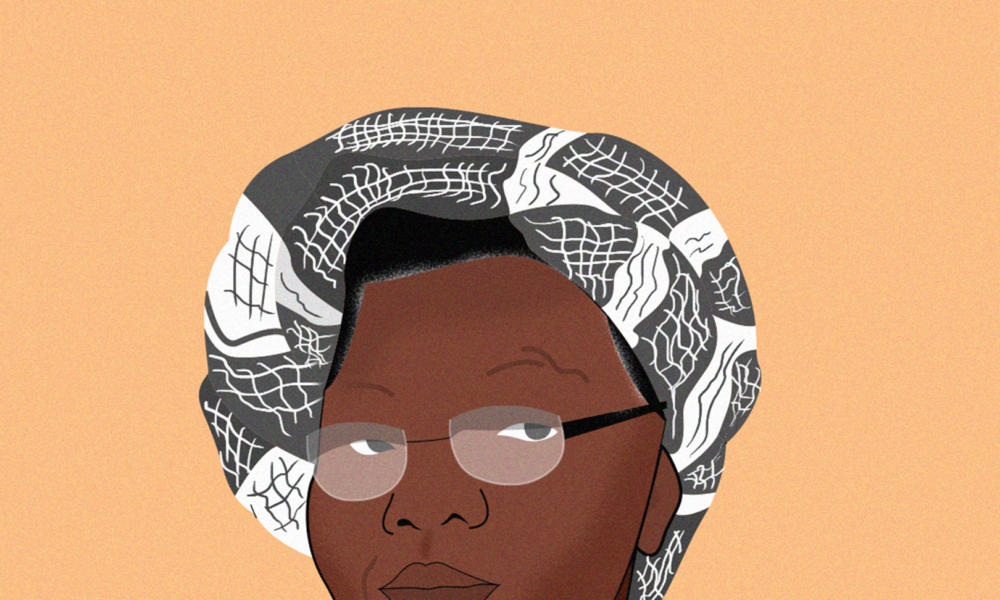
As a baby who didn’t develop up with historical past books, one of many first issues I discovered about Nigerian historical past was our paper forex. Even in my sleep I might identify everybody’s identify printed on it. I grew to become extra curious and wished to know them and who they had been Ahmadu Bello, Nnamdi Azikiwe, Ariyu Mai Bornu, Clement Eason, and others. Naively, I even dreamed of being printed on a observe in the future, as a result of I believed anybody might be there.
I bear in mind telling certainly one of my elementary faculty classmates that my dream was to be on our banknotes. SParticularly nitrogen20 Please listen, for I’ll be part of the military and combat for my nation. I shared a variety of issues with my classmates, and once I talked about that dream, she additionally stated She needs her face to look in nitrogen5 Consideration, as a result of each youngster will get nitrogenIt was the fifth, however I instructed her she would by no means seem on any present. She requested why, and I requested her to look by way of the papers to see if she might discover one with a lady’s face on the entrance. She confirmed she can be the primary lady to look on stage.
One factor I used to be interested by as a child was that there was no feminine face on the entrance web page of Nigerian banknotes. The phrases printed on it seem on the again, and solely certainly one of them seems. Radikwari, her identify was written on the observe. Others lacked this information and subsequently had no historic origins or piqued the curiosity of those that noticed the observe.
As I become old, I notice that this erasure of ladies is just not restricted to our paper forex. It displays and permeates each area and self-discipline in Nigeria. Although ladies make up almost half of the inhabitants, their contribution to society appears to have been erased. Throughout sectors, ladies maintain a negligible illustration in elected positions, and these obstacles usually are not simply authorized or political, however deep-seated cultural obstacles, rooted in patriarchal norms that stop ladies from management, recognition and recognition. Opinion: Ladies’s achievements are sometimes undervalued and their contributions to society are overshadowed by a tradition that prioritizes male roles. When ladies do seem, it’s usually in stereotypes that reinforce outdated gender norms.
since Bolanle Austin-Petersbiopic of the identical identify Funmirayo Ransome-Kuti After its launch on the streaming platform, many Nigerians got here out to benefit from the movie because it allowed them to be taught extra in regards to the life and historic contributions of political and ladies’s rights activist Funmilayo Ransome-Kuti. To many Nigerians, earlier than that film, Funmilayo was merely the primary lady to drive in Nigeria and the mom of Fela Anikulapo Kuti. Most certainly nothing else and nothing extra. Her contributions to taxation, being the primary feminine scholar of Abeokuta Grammar College, the primary president of the Abeokuta Ladies’s League, and one of many influential figures in negotiating independence from Britain weren’t talked about. However she’s extra than simply an activist and Fela’s mother. She is a lioness and nation builder.
A number of blame the studying tradition of Nigerians for not understanding Funmilayo Ransome-Kuti and the inherent lack of curiosity in analysis amongst Nigerians. Whereas this appears true in a normal evaluation of historical past, it’s invalid on this case, particularly for girls. We don’t want analysis or in depth studying to know Awolowo or Azikwe or to know what occurred to MKO Abiola. We all know as a result of these tales had been instructed by individuals who had been proper in entrance of us – in Naira’s notes, in statues, on tv, in tales, within the names of streets or buildings. all over the place. The identical can’t be stated for girls who additionally play an essential function in shaping and constructing our society. Ladies’s contributions to historical past have been belittled and erased, and that is evident in how little folks find out about Funmilayo. Because of this the demise of our heroines will doubtless imply the top of their heroic tales. These ranges of marginalization mirror a broader social downside: Even in our collective battle for a greater society, ladies are undervalued and ignored.
Once I take into consideration why ladies’s contributions are minimized or erased—their faces on our banknotes, the tales shared in lecture rooms, and the narratives that form our collective reminiscence usually overlook the outstanding achievements of ladies—I conclude that, This exclusion, deletion or downgrading isn’t just an oversight; it displays deep-rooted biases that exist at each stage of our society. These prejudices not solely hinder the progress of ladies, but in addition stifle the general improvement of the nation and scale back the standard of data acquired by the subsequent era.
The story of Funmilayo Ransom-Kuti is one instance. The legacy of this ladies’s rights pioneer and a strong pressure in Nigeria’s political panorama was decreased to a trivial matter – a automotive – till a movie introduced her story to the forefront. The resurgence of her reminiscence highlights the significance of illustration and the necessity to have a good time ladies’s contributions as vigorously as males’s.
This isn’t nearly getting extra ladies into our forex or historical past books, it’s about recognizing the systemic buildings which have silenced half of our inhabitants for much too lengthy. Younger ladies have to see themselves mirrored. They need to see that they will all the time obtain what ladies earlier than them have achieved over time. Ladies’s tales usually are not only a complement to historical past, however an integral a part of it. Subsequently, hHow will we be sure that ladies’s contributions usually are not solely remembered, however revered and built-in into the material of our nationwide identification? What steps will we take to rewrite our narratives and make house for the numerous ladies who’ve formed and proceed to form our world? We now have a movie exhibiting Funmilayo’s efforts. who’s the subsequent?

